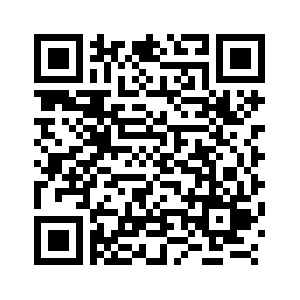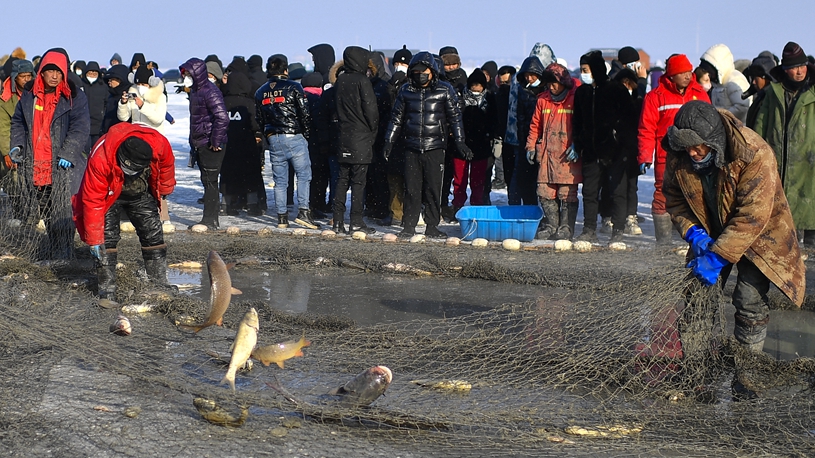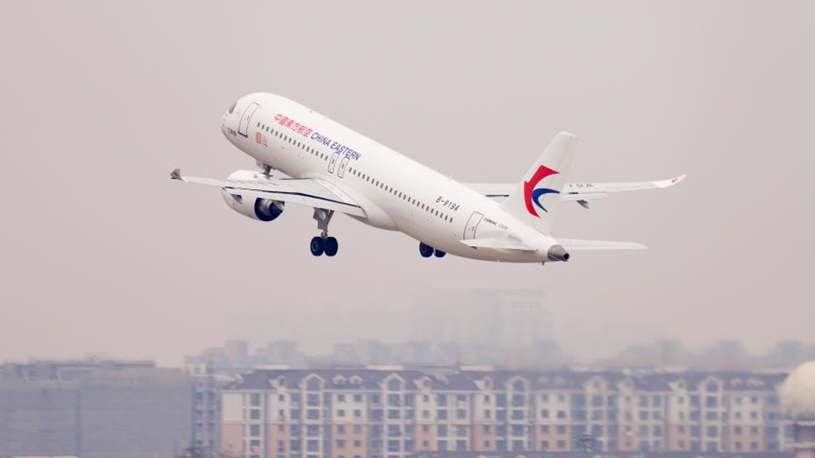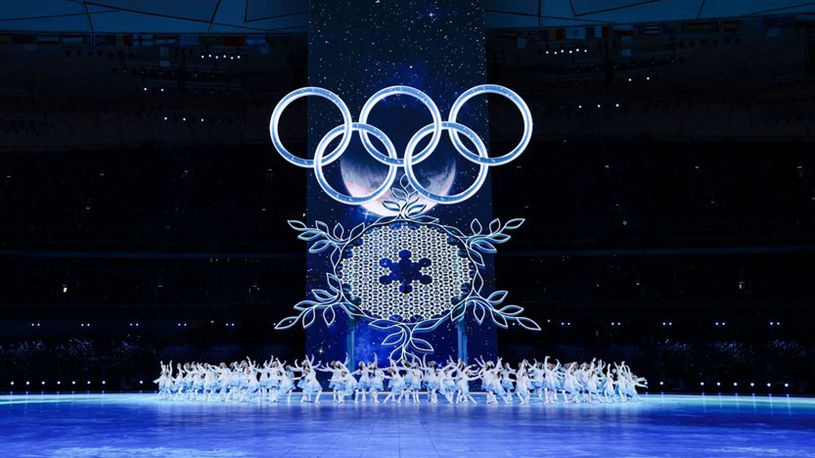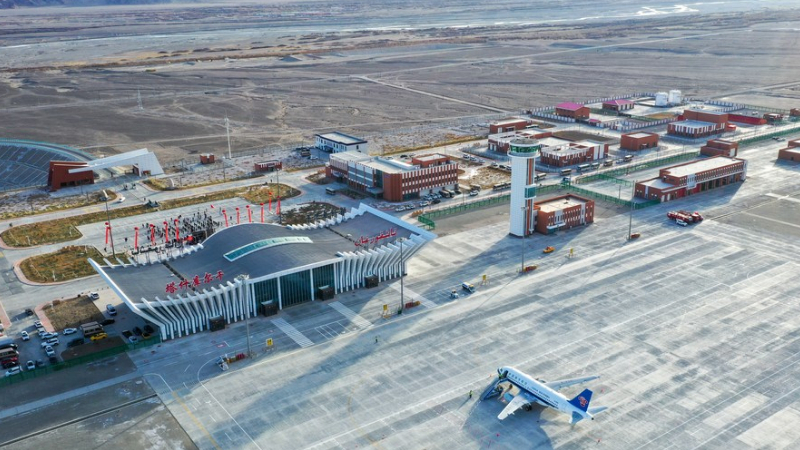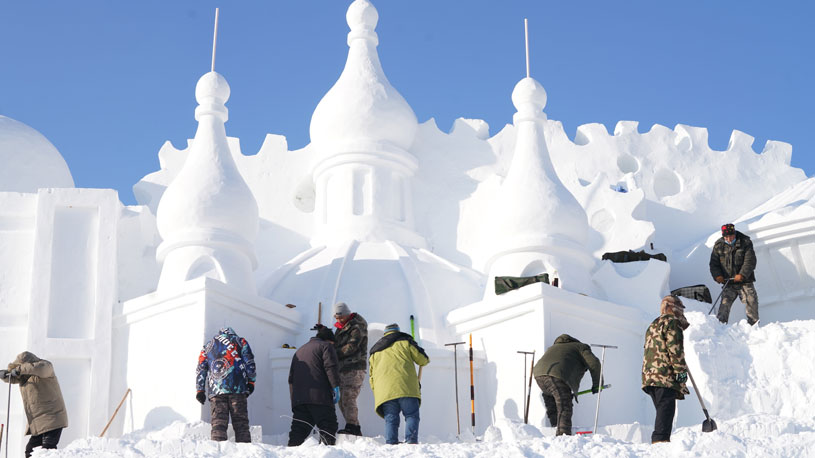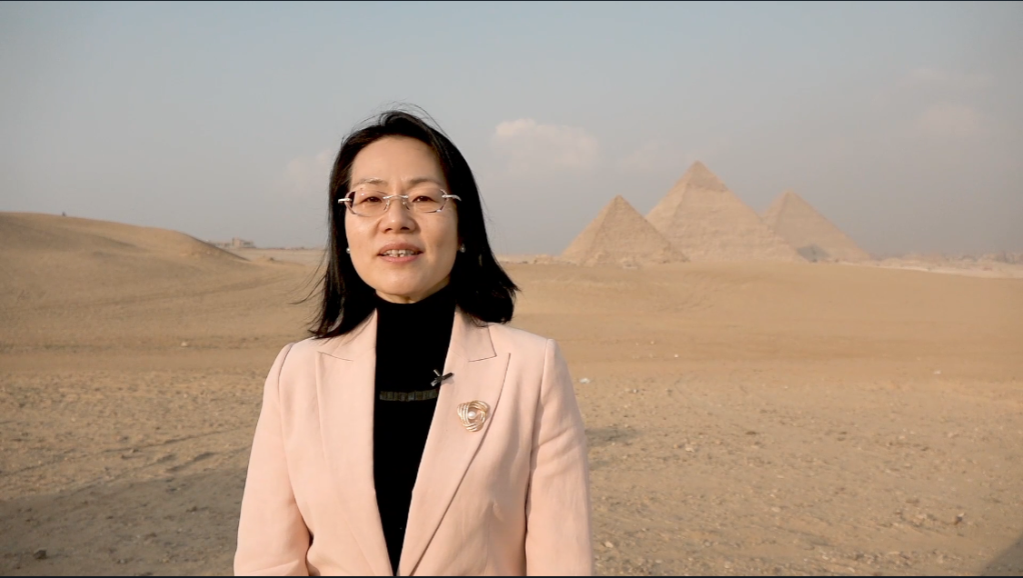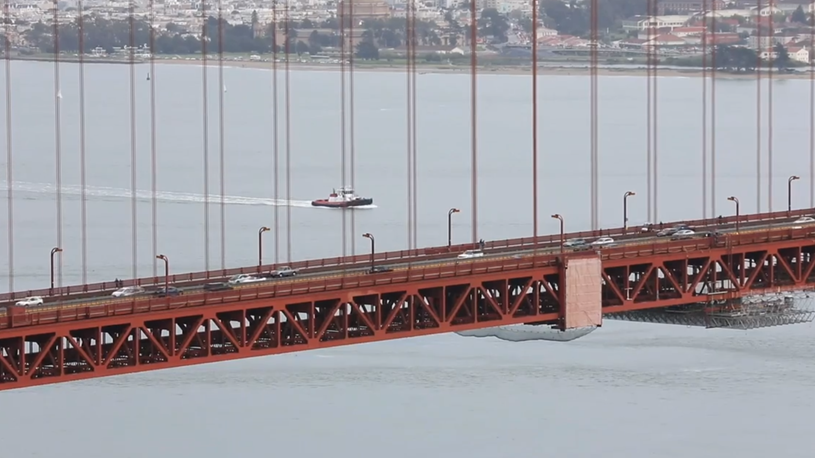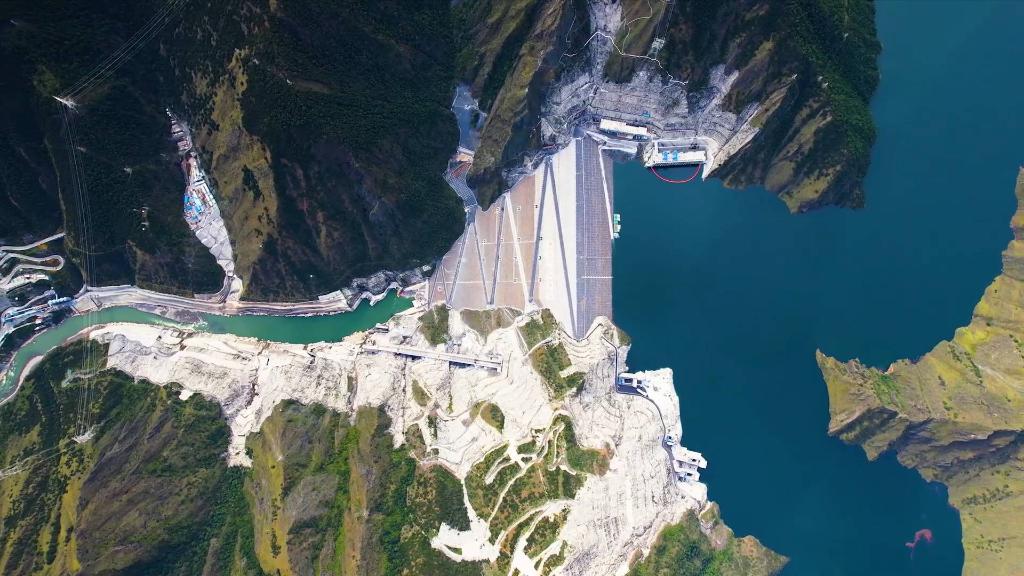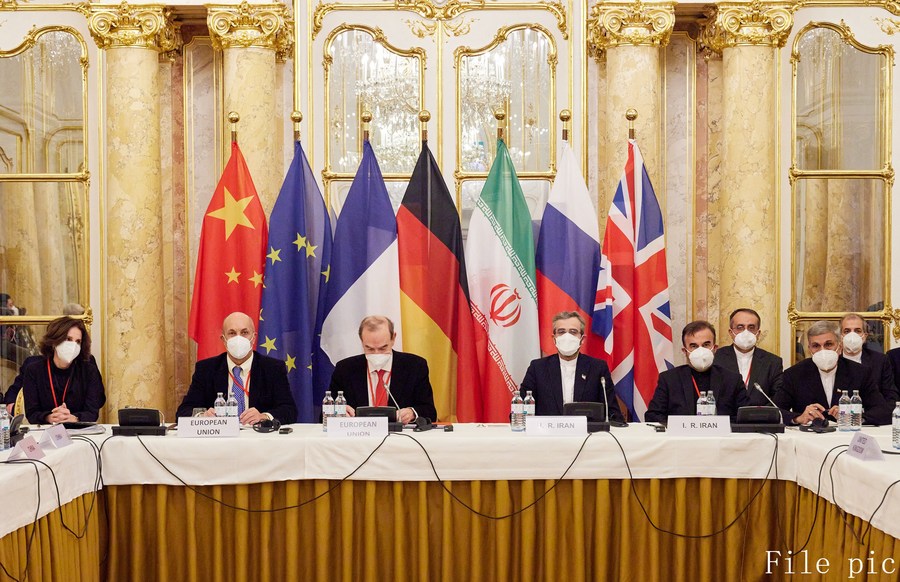
Photo taken on Dec. 3, 2021 shows a meeting of the Joint Commission on the Joint Comprehensive Plan of Action (JCPOA) in Vienna, Austria. The meeting was about talks on the nuclear issue of Iran. (EU Delegation in Vienna/Handout via Xinhua)
TEHRAN, Dec. 29 (Xinhua) -- As the year 2022 draws to an end, a deal on reviving the 2015 Iranian nuclear agreement remains elusive after a year of ups and downs in the tough talks held by Iran with major powers.
The nuclear deal, formally known as the Joint Comprehensive Plan of Action (JCPOA) which was abandoned by then-U.S. President Donald Trump in May 2018, was almost resuscitated in March and then August this year after rounds of tough negotiations, in which the United States was indirectly involved.
However, no breakthrough was achieved due to the lack of willingness from both Washington and Tehran to make final compromises in order to bring the talks to a success.
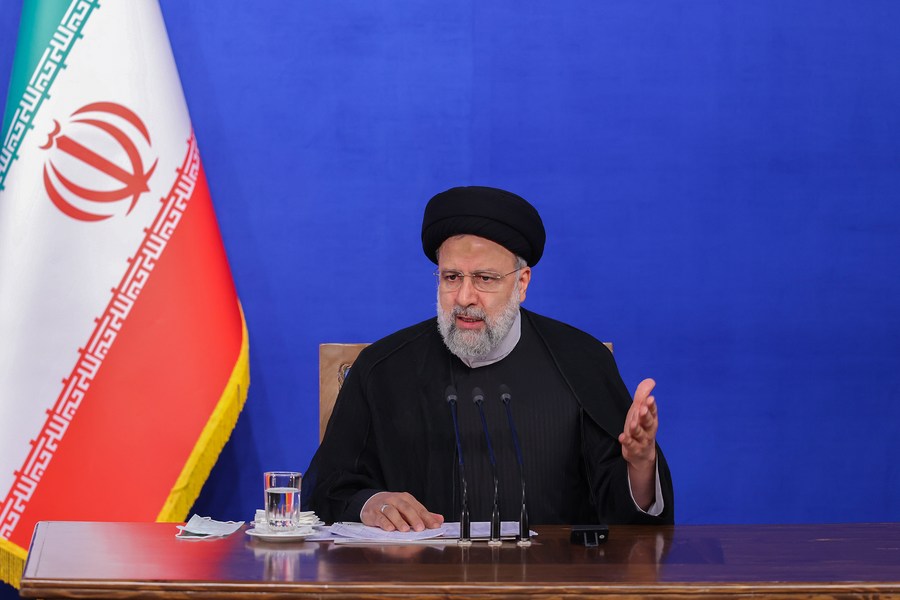
Iranian President Ebrahim Raisi speaks at a press conference in Tehran, Iran, on Aug. 29, 2022. Raisi said on Monday Iran did not seek to develop nuclear weapons but would employ nuclear technology for civilian purposes. (Iranian Presidential Website/Handout via Xinhua)
INCONCLUSIVE NEGOTIATIONS
Early this year, the administration of U.S. President Joe Biden repeatedly stated its goal of returning to the 2015 nuclear deal. For Biden, restoring the deal and limiting Iran's nuclear activities would fulfill his campaign promise.
Meanwhile, Washington said it was up to Tehran to decide whether it is willing to dismantle much of its nuclear production equipment in return for sanctions relief, after months of negotiations in Vienna, Austria.
But the talks were far from any breakthrough. In February, Iran said that "Washington is not trustworthy and therefore objective guarantees must be obtained so that international law and relations are not again mocked by the U.S. administration."
According to Iranian Foreign Minister Hossein Amir-Abdollahian, resolving Iran's remaining issues with the International Atomic Energy Agency, receiving guarantees on the economic benefits of the deal for Iran, and removing the extension of sanctions to third parties are the three major issues that need to be worked out.
Then the situation seesawed in early August. The two sides were close to sealing a deal, as a draft proposal offered by the EU was welcomed by both Iran and the Biden administration, convincing many observers of an imminent agreement.
However, the consensus flipped soon. The White House rejected Iran's demand for guarantees of future sanctions relief, while insisting a deal would not be signed before the U.S. midterm elections on Nov. 8.
In November, tensions flared up again between Iran and the U.S., as the International Atomic Energy Agency (IAEA) passed a U.S.-sponsored resolution to censure Iran over so-called insufficient cooperation with the nuclear watchdog.
The resolution, supported by the U.S. allies of France, Germany and the United Kingdom (UK), demanded Iran's cooperation with the IAEA probe into traces of uranium found at undeclared sites in Iran. Tehran retaliated by boosting uranium enrichment at the Fordow nuclear plant to 60 percent and supplying gas to the centrifuges at the Natanz nuclear plant.
Furthermore, the U.S. slammed Iran for becoming "Russia's top military backer" with the supply of drones for use in the Russia-Ukraine conflict. U.S. National Security Council Spokesman John Kirby in December alleged that Iran and Russia are even planning to jointly produce lethal drones.
Iran has denied the allegations, while admitting to sending a limited number of drones to Russia "many months" before the Russia-Ukraine conflict.
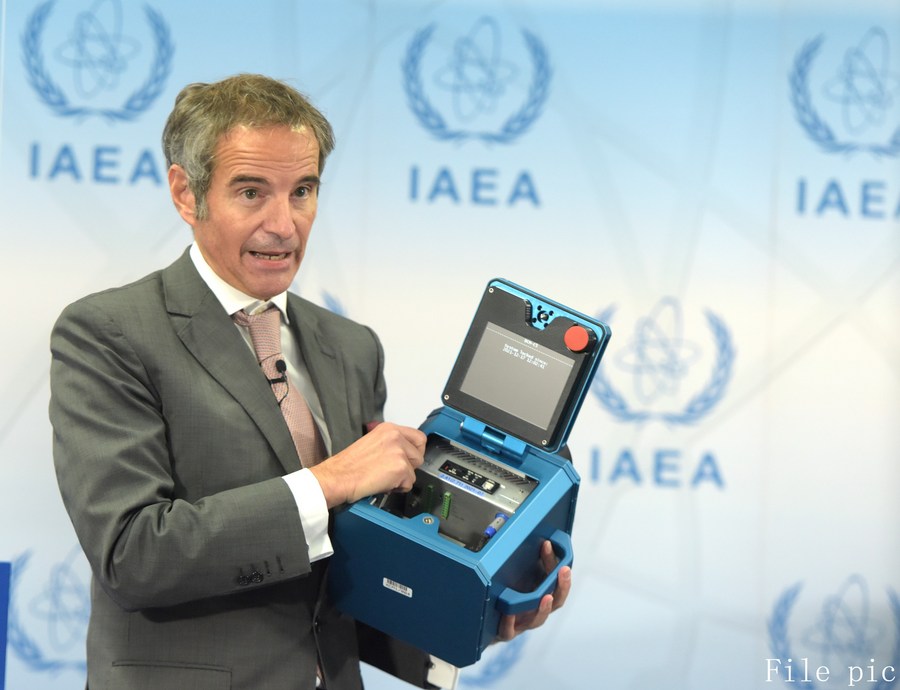
Rafael Mariano Grossi, Director General of the International Atomic Energy Agency (IAEA), displays a surveillance camera during a press conference in Vienna, Austria, Dec 17, 2021. IAEA Director General Rafael Mariano Grossi held a press conference on Friday to brief journalists about developments related to the IAEA's monitoring and verification work in Iran. (Xinhua/Guo Chen)
U.S. SHIFT OF FOCUS
The U.S. has shifted its focus away from reviving the JCPOA to the Iranian human rights issue and Iran's increased military cooperation with Russia.
Washington's shift came following the eruption of protests in Iran over the death of a young woman in police custody for dress code violation in September and the West's allegations against Iran over supplying drones to Russia.
Still, U.S. Special Envoy for Iran Robert Malley said that Washington leaves the door open to resuming diplomacy "when and if" the time comes, while keeping up its policy of sanctions and pressure on Iran for the time being.
As part of its pressure campaign, the U.S. led the effort to successfully remove Iran from the United Nations Commission on the Status of Women on Dec. 14, in response to Iran's crackdown on protests.
In response, Iranian lawmaker Jalil Rahimi Jahanabadi blasted the U.S.-led verbal assaults against Iran for being intended to "torpedo" the JCPOA revival talks.
He said that Western countries tried to impose their own demands on Iran by introducing restrictions on Iranian nuclear and missile advancements, which explains why the nuclear talks have so far failed to produce good results.
Vahid Jalalzadeh, chairman of the Iranian Parliament's National Security and Foreign Policy Committee, denounced Western countries' efforts "to exert pressure on Iranian authorities in the nuclear talks by encouraging unrest in Iran and covering it in the Western media."
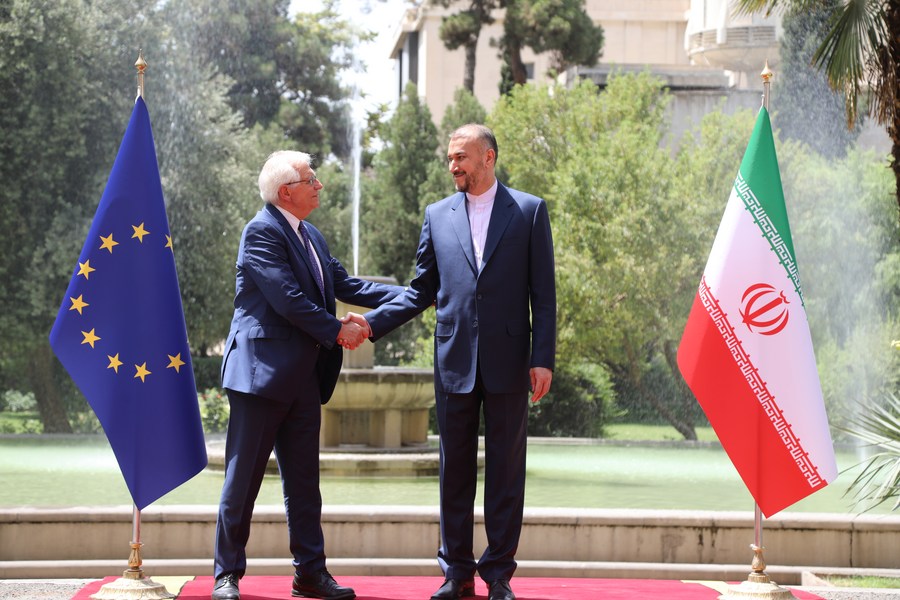
Iranian Foreign Minister Hossein Amir-Abdollahian (R) shakes hands with European Union foreign policy chief Josep Borrell during their meeting in Tehran, Iran, on June 25, 2022. Iran and the European Union announced here on Saturday the resumption of international negotiations in Vienna in the coming days to revive the Iranian nuclear pact. (Iranian Foreign Ministry/Handout via Xinhua)
UNCERTAIN PROSPECTS
The U.S. shift of focus has added great uncertainty to the prospects of reaching a breakthrough at the Vienna talks.
A footage widely circulated on social media in December showed Biden telling a woman at a campaign event in California in October that the Iran nuclear deal "is dead," adding that he would not announce it publicly for political reasons.
Iran reiterated that it will never negotiate under pressure and threats, after Malley, in a recent interview with Foreign Policy's podcast Playlist, said that the Biden administration is prepared for a military option if nuclear talks fail to reach an agreement.
Foad Izadi, an Iranian political analyst, said that military attack, invasion, and war are inseparable parts of the U.S. nature, citing the past U.S. military operations in some of the regional countries, including Iraq, Afghanistan and Syria.
But he added that the huge cost of launching a war against Iran has prevented Washington from attacking the country, as "the Americans know very well that any offensive will be met with a strong reaction from Iran."
Amir-Abdollahian, in his meeting with EU's foreign policy chief Josep Borrell in Jordan in December, said that Iran is ready to conclude the Vienna talks based on the draft of the negotiation package, advising the Western parties in the talks to avoid politicizing the issue and adopt a realistic and constructive approach.
On Dec. 28, the Iranian top diplomat warned that the window for achieving an agreement on reviving the 2015 nuclear deal won't remain open forever.
The window will be closed "if the other sides, especially the United States, do not give up hypocrisy and the West does not act realistically," Amir-Abdollahian said in Muscat, the capital of Oman, following his meetings with Oman's officials. ■
